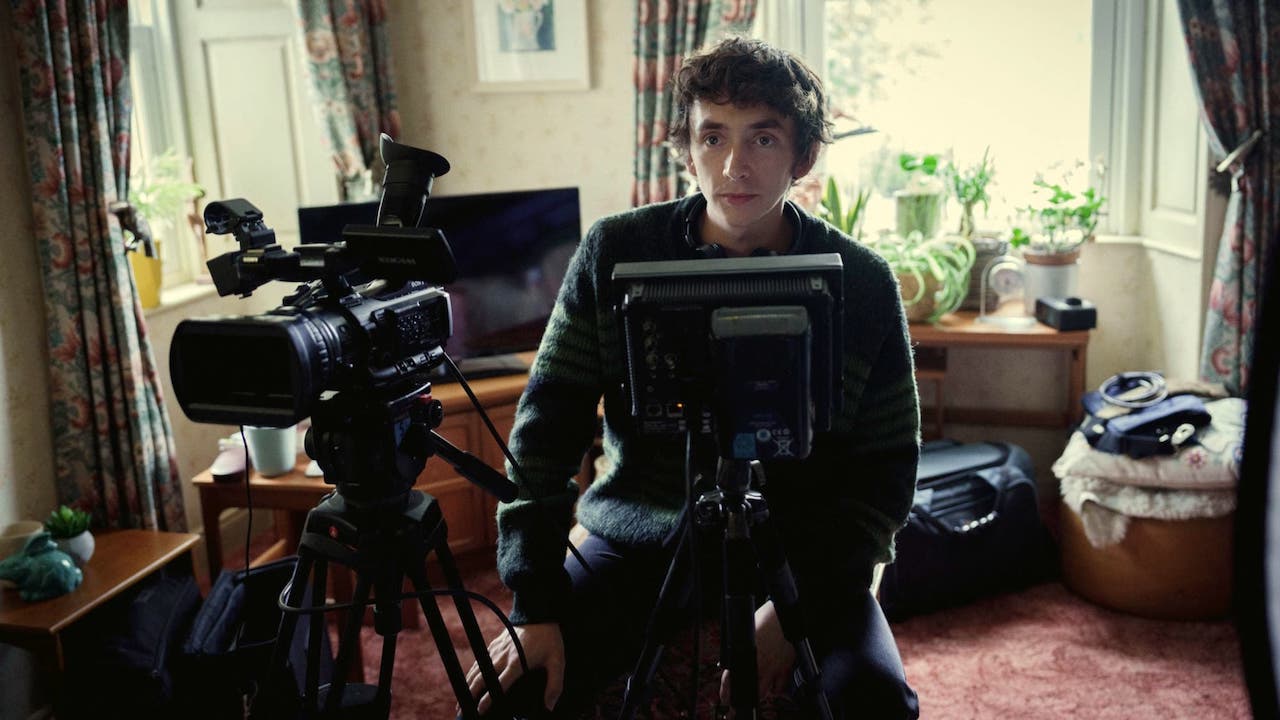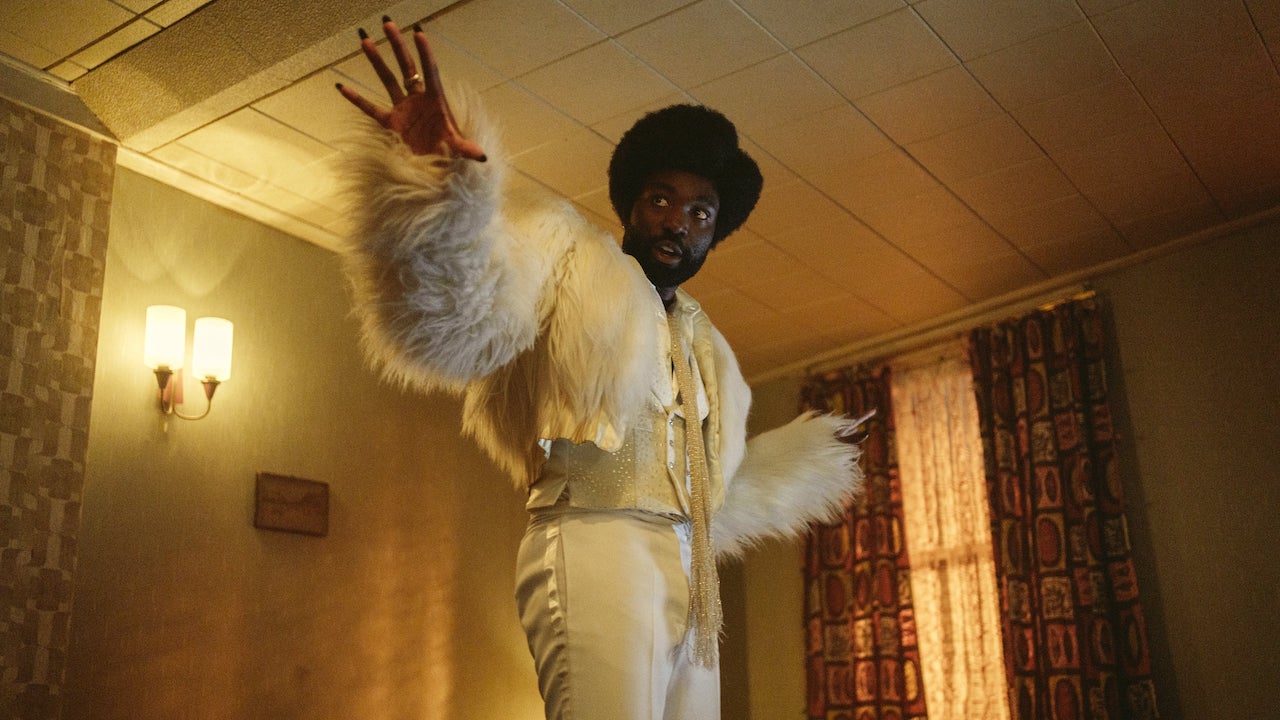Black Mirror might have lost its hook in hit-or-miss sixth season

We’re all drowning in content—so it’s time to highlight the best. In her column, published every Friday, critic Clarisse Loughrey recommends a new show to watch. This week: Netflix’s sci-fi anthology Black Mirror, which struggles to assert itself in its sixth, scattered season.
While we’ve all been dealt a bad hand by the universe (or capitalism, let’s be honest)—I do feel a little extra sorry for Charlie Brooker sometimes. Back when his speculative fiction anthology, Black Mirror, debuted in 2011, critics and viewers alike went wild for how absolutely loathsome it made the future seem.
Well, now the future is here, and as Brooker predicted, AI and automation has continued to erode our privacy, autonomy, and political freedoms, all while threatening to destabilise such primal concepts as love and death. All the things that used to make Black Mirror so frightening are now mere inches away from our own noses. You could argue (quite easily so) that the series has lost its purpose. So where to next?
Brooker himself has promised that season six—and its five, self-contained episodes—would flip the script on the very concept of what Black Mirror is. That’s some fabulous PR spin on what I’d argue’s really happening here: the show’s lost its hook, and now Brooker’s having to desperately scramble around for a new one.
There are still some episodes here that feel fundamentally traditional. Annie Murphy and Salma Hayek Pinaut star in Joan is Awful, about an office drone who discovers she’s the Truman Show-style subject of a new prestige drama. But, as the series goes on, it becomes less speculative, less focused on technology, and drifts instead into the realm of the metaphorical and the fantastical. By its finale, a vague tribute to the low-budget British horrors of the 70s and 80s titled Demon 79 (where Brooker shares writing credits with Ms. Marvel’s Bisha K. Ali), the show’s even changed its name to “Red Mirror”.
It’d be wildly unfair to chastise Black Mirror for trying to stay up-to-date with changing circumstances—many a long-running show wouldn’t even bother. But the thematic shift here seems to be towards something both less prescient and less daring: a generalised “state of the culture” that’s been done a million times before.
I’m not sure how much Loch Henry, about a documentary filmmaker couple (Samuel Blenkin and Myha’la Herrold) drawn into an old murder case in a remote Scottish village, can lecture us about the ravenous nature of true crime when Brooker’s show is housed on Netflix. The line “it’s real, it’s not f***ing content” ends up feeling more like a corporation trying to distance itself from its own culpability rather than anything genuinely subversive.

These episodes are, in their defence, well-made and absolutely packed with talent. The MVP among them is Paapa Essiedu, as the titular demon of Demon 79, an infernal spirit who appears disguised as a member of Boney M. He slips imperceptibly between charming, sinister, and—if you catch him at the right angle—a little soulful. Beyond the Sea, about two astronauts in orbit who leave mechanical recreations of themselves back at home with their families, benefits from the stoic, pained interplay between Josh Hartnett and Aaron Paul. Hayek Pinault, in Joan is Awful, has sublime comic timing.
But these core concepts never feel all that frightening, and come with twists that are either telegraphed far ahead of time or remain too disconnected to land as any real shock. But while Black Mirror resolutely focuses on big picture thinking—Joan is Awful, for example, is all about how reality TV turns people’s lives into fiction and destroys them in the process—it incidentally and briefly prods at some truly fascinating material.

Joan (Murphy) works for one of those warm-toned, open plan offices which subtly cover their exploitative practices with “we are all one big family” language. It makes it all the more cruel when Sandy (Ayo Edebiri) is fired by Joan, who stubbornly sees herself as nothing more than the messenger between the boardroom and the lowly office workers. “I thought we were friends,” Sandy says. A sense of betrayal shatters her voice.
Or how about the deeper motivations behind the fictionalisation of Joan’s life, where she’s made to look like one of those unrepentant “unlikeable women” that are so popular nowadays? Does the borderline fetishisation of the trope by the cultural mainstream, now frequently turned into more of a marketing tool than an act of feminist liberation, tap into some deeper insecurity where women are compelled towards the worst version of themselves? Joan is Awful tiptoes around those ideas before settling back into a “reality TV is bad” message that I can guarantee you’ve seen a hundred times before. Probably on Black Mirror, actually.

















